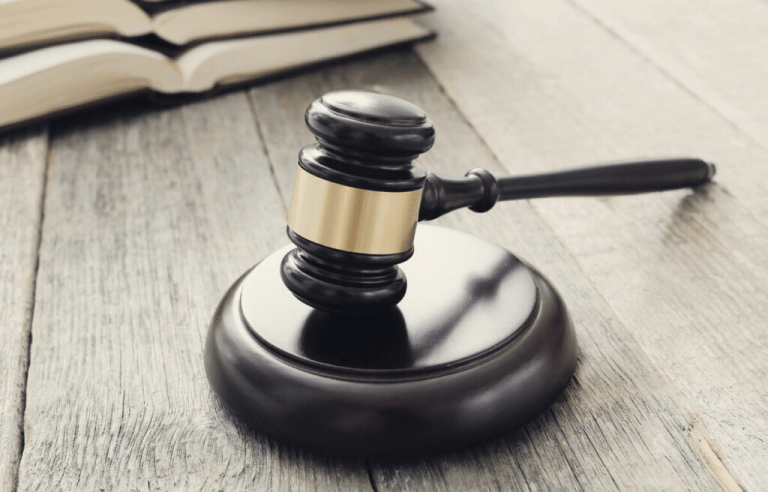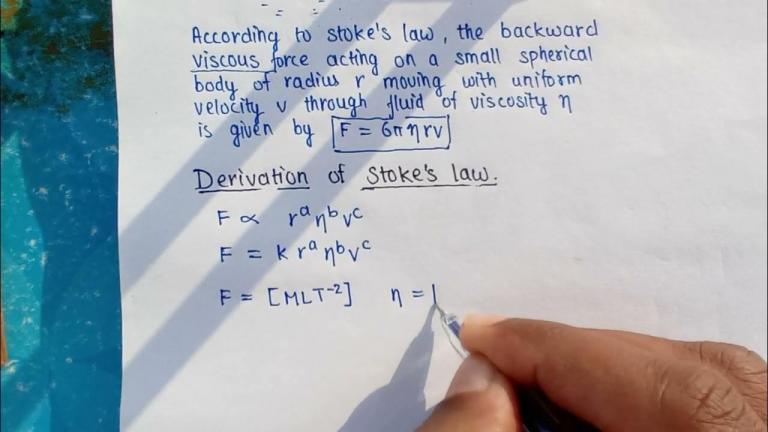
In the intricate tapestry of legal frameworks that govern modern societies, the Constitutional Law stands as a formidable pillar, anchoring the principles upon which a nation’s governance is constructed. A delicate blend of historical precedent, philosophical ideals, and practical exigencies, this concept embodies the very essence of a nation’s identity and aspirations.
Unveiling the Origins Constitutional Law Concept
At its core, the Democratic Constitutional Law Concept weaves a tale of evolution that traces back through the annals of history. From the Magna Carta’s seminal assertions to the French Revolution’s call for egalité, fraternité, and liberté, the foundations of democratic constitutionalism have been painstakingly laid. This rich historical tapestry serves as a testament to humanity’s ceaseless pursuit of a governance model that champions the rights and freedoms of its citizens.
Structure and Components of Constitutional Law Concept
Embedded within the Democratic Constitutional Law Concept lies a meticulously crafted architectural marvel, designed to safeguard the democratic principles enshrined within. This intricate structure encompasses a range of components, each contributing to the holistic framework of governance:
Fundamental Rights Safeguarding
At the heart of the democratic constitutional edifice lies the safeguarding of fundamental rights. These inherent entitlements, transcending the vagaries of political currents, serve as the bedrock upon which citizens’ dignity and autonomy rest. The concept ensures that these rights are inviolable, shielded from encroachments that might erode the essence of a truly democratic society.
Constitutional Law Concept Division of Powers and Checks
Embracing the spirit of separation of powers, democratic constitutional law delineates the functions and responsibilities of distinct branches of government. This not only prevents the undue concentration of authority but also fosters a system of checks and balances. The legislative, executive, and judicial arms of governance engage in a delicate dance, ensuring that no single entity wields disproportionate influence.Popular Sovereignty and Representation
Central to the democratic ethos is the notion of popular sovereignty. The concept underscores that the ultimate authority emanates from the people. Through the mechanism of free and fair elections, citizens entrust representatives with the duty to voice their aspirations and make decisions that reflect the collective will.
The Philosophical Underpinnings: Liberty, Equality, Fraternity
Beneath the surface of legal provisions and institutional arrangements, the Democratic Constitutional Law Concept draws sustenance from profound philosophical underpinnings. Embodied in the ideals of liberty, equality, and fraternity, these principles infuse the concept with a moral compass that guides its interpretation and application.
Constitutional Law Concept Liberty as a Cornerstone
Liberty, in its multifaceted glory, occupies a prime position within democratic constitutional thought. It encompasses not only the absence of coercive restraint but also the presence of opportunities that empower individuals to chart their destinies. This liberty is not unfettered, however; it is carefully circumscribed to prevent harm to others and maintain social harmony.
Pursuit of Constitutional Law Concept Equality
The quest for equality resonates profoundly within the democratic constitutional framework. Beyond mere legal formalities, it encompasses the creation of an inclusive society where every citizen is bestowed with equal worth and opportunity. This principle obliges governments to rectify systemic disparities and cultivate an environment where marginalized voices find \xxxresonance.
Fraternity Binding the Social Fabric
Fraternity, often overshadowed by its companions, is the quiet force that weaves the social fabric together. It calls for a sense of solidarity and interconnectedness among citizens, fostering empathy and shared responsibility. This principle urges individuals and institutions alike to work collaboratively for the common good.
Judicial Review and Constitutional Law Concept Amendments
As the complexities of modern governance evolve, the Democratic Constitutional Law Concept must navigate intricate terrain. Two key mechanisms emerge as bulwarks against stagnation and as avenues for adaptability:Judicial Review: The Sentinel of Rights.
Judicial review stands as a sentinel, guarding the sanctity of fundamental rights enshrined within the constitution. This process empowers the judiciary to scrutinize legislative and executive actions, ensuring their alignment with the constitutional framework. By doing so, the concept prevents potential overreach and preserves the delicate equilibrium between individual rights and collective welfare.
The concept’s resilience shines through its provision for constitutional amendments. Recognizing that societal evolution is inevitable, this mechanism allows for deliberate recalibration in response to changing circumstances. It’s a testament to the foresight of the framers, who understood that the constitution must remain a living, breathing entity capable of reflecting the aspirations of successive generations.
Conclusion
In the ever-shifting landscape of governance, the Democratic Constitutional Law Concept emerges as a vibrant and dynamic tapestry. Woven together with threads of history, philosophy, and pragmatic foresight, it encapsulates the essence of democratic ideals. Its robust framework, fortified by fundamental rights, checks and balances, and the pursuit of liberty, equality, and fraternity, ensures that the democratic spirit continues to thrive. As we navigate the complexities of the present and gaze toward the horizon of the future, this concept stands as an enduring testament to humanity’s relentless pursuit of a more just and equitable society.





